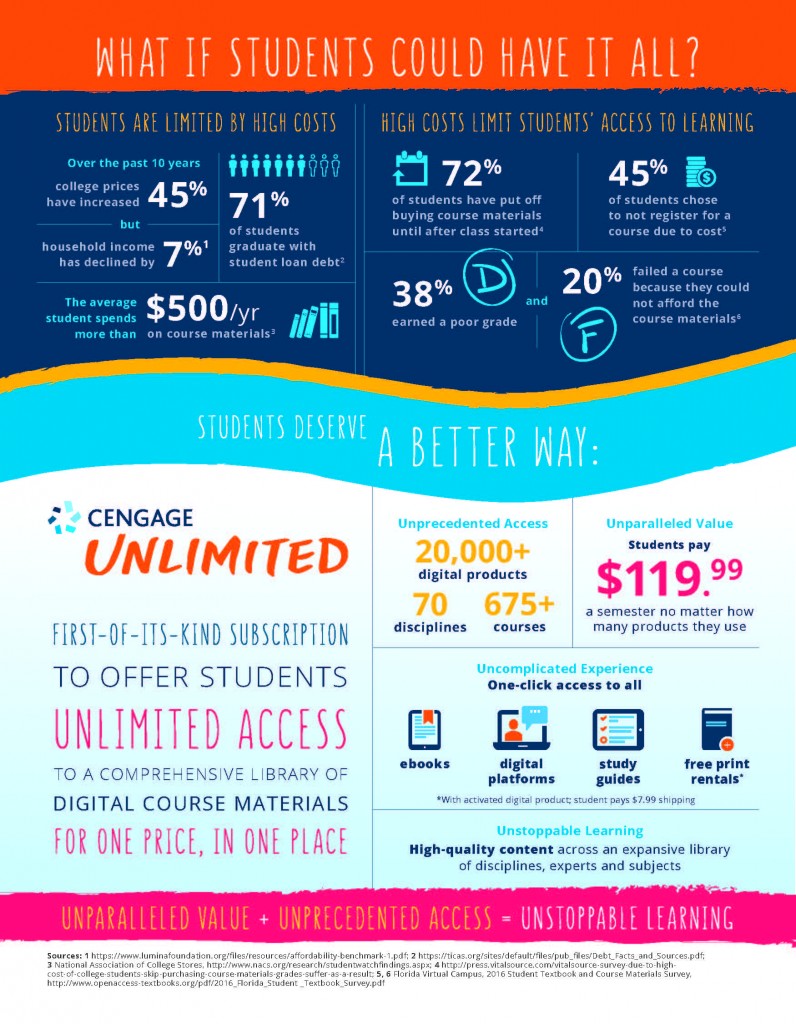
Nearly half of students who do not typically get vaccinated say they would reconsider if provided a tangible incentive
Bethesda, Md. (December 6, 2017) – Although most college students in the U.S. (70%) believe it is important to get an annual influenza (flu) vaccine, less than half (46%) say they typically get vaccinated. This is according to results from a new National Foundation for Infectious Diseases (NFID) survey conducted online by Harris Poll among 1,005 U.S. undergraduate college students ages 18-24. The national survey, which looked at student attitudes toward flu vaccination, also uncovered new insights into increasing participation in vaccination programs on campuses, with access to the vaccine at low or no cost (61%) and incentives, such as free food or gift cards (61%), rising to the top of offerings that students say would have a lot of impact on the likelihood of getting vaccinated.
College students are at particularly high risk of getting, and spreading, flu because of frequent exposure to high-touch areas like common living spaces and classrooms, and participation in social activities. According to the Centers for Disease Control and Prevention (CDC), annual vaccination is the best way to reduce the chance that an individual will get flu.1 Yet, on U.S. college campuses, flu vaccination rates remain low, falling dramatically short of the 70% Healthy People 2020 target recommendation.2 Motivating college students to get an annual flu vaccination remains difficult.
“As a healthcare community, we’ve long known that college students are profoundly under-vaccinated. This new research indicates that a combination of education and incentives may be an effective way to reach college students who have been apprehensive about vaccination in the past,” said NFID Board member, Lisa S. Ipp, M.D., Associate Professor of Clinical Pediatrics at Weill Cornell Medicine, Associate Director of Adolescent Medicine at NewYork-Presbyterian Komansky Children’s Hospital. “We now plan to work with academic, health, advocacy and student leaders to share these insights and uncover additional best practices to drive improvements in flu immunization efforts on campuses.”
Notable highlights from the survey include the following:
● Misperception and fear are key barriers to flu vaccination. Among students who do not typically receive a seasonal flu vaccine, the top reasons for not getting vaccinated include a mix of misperception, fear and skepticism: 36% say that they are healthy and don’t need it; 31% say they don’t like needles; and 30% say they don’t think the vaccine works. Additionally, nearly three in five students (59%) seem to think that the flu vaccine can cause the flu and 59% don’t think it’s likely they’ll get the flu in the next 12 months.
● Making flu vaccines more accessible may increase the likelihood of vaccination. More than three in five students (61%) believe that access to the vaccine at low or no cost would increase college students’ likelihood of getting vaccinated by a lot. Nearly half (48%) say the same about having the vaccine available in multiple locations on campus. Interestingly, students residing in the South are the most likely to believe that access to the vaccine at low or no cost would affect the likelihood of students getting the vaccine by a lot (68% vs. 58% Northeast, 57% Midwest and 58% West).
● Providing incentives may be one of the best ways to increase participation in flu vaccination programs. When it comes to increasing college students’ likelihood of getting a flu vaccine, students say that offering an incentive is key. More than three in five students (61%) say that a monetary or other incentive would affect the likelihood of students getting the vaccine by a lot. Furthermore, students say that free food (31%) and a big campus event with free food/music/etc. (26%) would be most effective at encouraging more students to get vaccinated. Among those who do not typically get the flu vaccine, 49% agreed that the only way they would get vaccinated would be if a tangible incentive (e.g., cash, gift card, free food, etc.) was offered.
● Family and healthcare professionals all play an important role in flu-related decision-making. When it comes to flu vaccine decision-making, college students note they rely a lot on the advice of a parent/guardian or other family member (48%); healthcare professionals (44%); the student health center on their campus (24%); and friends/peers (20%).
In 2016, NFID convened a College Influenza Stakeholder Summit to discuss the challenges of increasing flu vaccination rates on college campuses. This survey serves as a next step in better understanding the attitudes of college students related to flu. Additional information about flu on college campuses can be found on the NFID website www.adolescentvaccination.org. A visual summary of the survey results are also available in an infographic form online here.
About the survey
The survey was conducted online by Harris Poll on behalf of the National Foundation for Infectious Diseases (NFID) within the U.S. between October 12 and 31, 2017 among 1,005 college students ages 18-24 who are currently attending a 2-year or 4-year college or university. Figures for age, gender, race/ethnicity, region, household income, household size and enrollment status were weighted where necessary to bring them in line with their actual proportions in the population.
About the National Foundation for Infectious Diseases
Founded in 1973, the National Foundation for Infectious Diseases (NFID) is a non-profit, tax-exempt 501(c)(3) organization dedicated to educating the public and healthcare professionals about the causes, prevention and treatment of infectious diseases across the lifespan. Visit www.nfid.org for more information.
###
References
1. Centers for Disease Control and Prevention. Influenza (Flu). Key Facts About Seasonal Flu Vaccine. https://www.cdc.gov/flu/protect/keyfacts.htm Accessed November 13, 2017
2. US Department of Health and Human Services. Healthy People 2020. Immunization and Infectious Diseases. www.healthypeople.gov/2020/topics-objectives/topic/immunization-and-infectious-diseases/objectives. Accessed November 13, 2017
Contact Information:
Joanna Colbourne
National Foundation for Infectious Diseases
http://www.nfid.org
301-656-0003
202-538-7072 (mobile)


